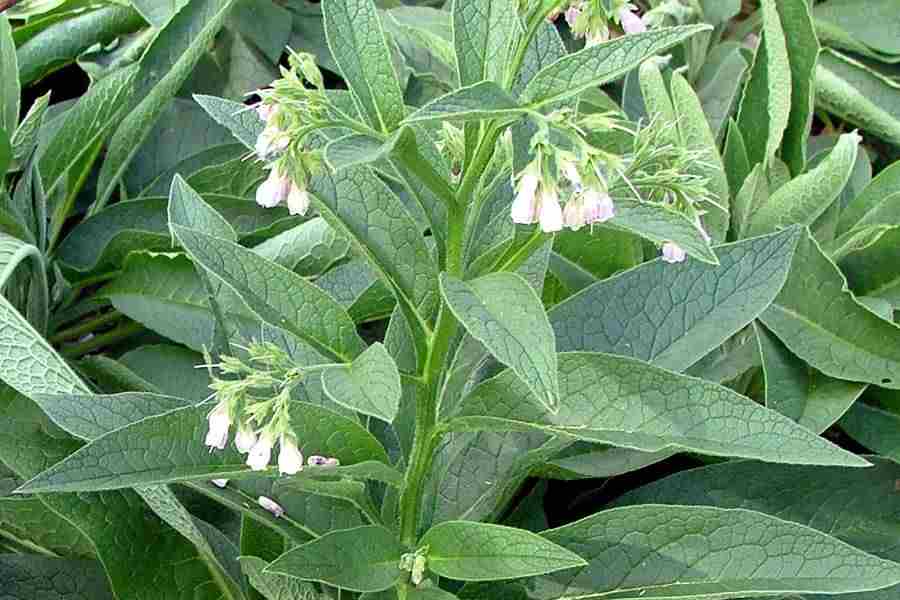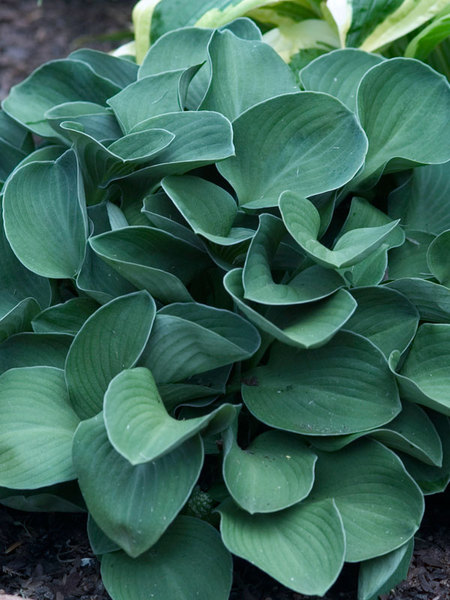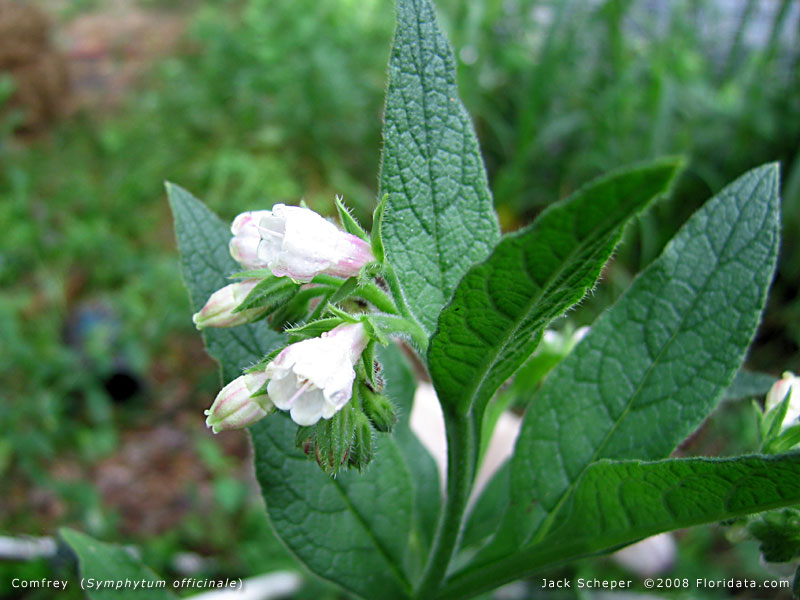

The walnut guild includes small trees, shrubs, and low herbs that are juglone tolerant. Instead of just planting walnut trees, Stross, encourages her readers to plant a “Walnut guild”, a symbiotic grouping of plants that enhance the growth of each other through fertilization, pest control, light and water needs, and root development. If you are new to permaculture gardening, The Suburban Micro-Farm is a treasured resource to help you find your way, through the permaculture mindset and jargon, and into a productively landscaped yard. As the leaves fall, they will fertilize the ground of the juglone-tolerant plants, saving time and money.” (p. “The nutrients accumulate in the leaves, which will also have accumulated juglone. In The Suburban Micro-Farm, Modern Solutions for Busy People, Amy Stross points out that walnuts are nutrient accumulators of potassium and phosphorous, making the walnut a treasure in a permaculture garden. If you are working with a smaller space, this is even more important. A plan to remove some plants and add others around the planting area of black walnut as the tree expands its reach will give you the highest productivity, in your permaculture garden. As the tree grows the juglone reach and juglone toxicity will extend. The walnut is a slow-growing tree that won’t produce nuts for 15 years or more. Some plants will grow near black walnut trees, however when planting black walnut trees in an existing garden keep in mind the concept of succession planting.

Most maples except silver maple (Acer spp).It takes several years for the juglone to be leached from the soil.įor vegetables and small shrubs, planting in a raised bed can mitigate the juglone toxicity, if all leaves, nuts, and hulls from black walnuts are kept out of the surface of the raised bed.ģ0 Plants That Will Grow near Black Walnut Trees These plants should also be avoided if there has been a black walnut planted in the area in the recent past. As the mature roots die back they will leave juglone in the soil. Juglone Sensitive Plants to Avoid in zone 3ĭon’t plant these plants within 50 feet of a mature black walnut tree, or within the drip line of an immature black walnut tree. Since black walnuts take a long time to mature, some shorter-lived trees might grow well, until the juglone from the black walnut reaches them, giving you a succession of plants in your garden. If you accidentally plant the wrong plant near a black walnut, simply transplant it in the spring or fall, when you notice that it’s stressed. With the short zone 3 growing seasons, you don’t want to waste your space on plants that need to be babied. While there are a few trees and shrubs that are sensitive to juglone toxicity there are many that are tolerant. Black walnut sap can be boiled down into black walnut syrup for a value-added product.The roots of walnut trees draw up nutrients from deep in the subsoil, bringing these to the surface where other plants can benefit.Walnut trees are long-lived and provide shade and habitat for wildlife.The hulls, leaves, and twigs produce a dark brown natural dye that is colour-fast.

The nutmeats are nutritious and considered a superfood.The nutmeats are high in edible oil, which is useful for cooking, woodworking, and cosmetics.The leaves, hulls, and stems of black walnut are rich in iodine and highly medicinal.Black walnuts have incredibly beautiful, close-grained, and strong wood for woodturning, for building, and for musical instruments.Why you want to grow black walnuts regardless Those of us in colder climates are pretty much stuck with black walnuts if we choose to grow nuts in the garden at all. Unfortunately, most of these nut trees require a lot more heat than we have in zone 3. These trees will rarely harm juglone-sensitive plants. Other trees in the walnut family such as Persian or English walnuts, butternuts, pecans, and shagbark hickory also produce juglone but at smaller concentrations than black walnut.


 0 kommentar(er)
0 kommentar(er)
